NPPC Asks U.S. To Abide By WTO MCOOL Ruling; Wants Harmonization For North American Hog Markets
WASHINGTON, D.C., June 29, 2012 – The National Pork Producers Council today said it will urge the Obama administration to comply with a World Trade Organization (WTO) decision against the U.S. Mandatory Country-of-Origin Labeling (MCOOL) law and will work to promote harmonization of the North American hog market.
The WTO Appellate Body today upheld a previous WTO dispute settlement panel ruling that the meat labeling law violates U.S. trade obligations under the WTO Agreement on Technical Barriers to Trade. NPPC opposed MCOOL when it was under consideration in the U.S. Congress.
“We believed when it was being debated in Congress that MCOOL would be an unnecessary burden to trade,” said NPPC President R.C. Hunt, a pork producer from Wilson, N.C. “We have maintained that belief consistently from the outset, and we will be working to achieve U.S. compliance with today’s WTO decision.”
Hunt pointed out that the United States risks retaliation from Canada and Mexico, both of which filed complaints with the WTO over the U.S. labeling law, if it refuses to comply with the MCOOL ruling. Canada complained that MCOOL hurt Canadian livestock producers.
NPPC’s position on MCOOL is consistent with its longstanding support for harmonization of North American meat and livestock policies with regard to product labeling, food safety, animal health and subsidy programs.
On the latter two issues, NPPC has asked the Canadian government to recognize the U.S. swine herd health status as equivalent to Canada’s – recognition that will facilitate pork trade between the countries – and to reform its hog subsidy programs, which distort the North American hog and pork market, limiting the growth of U.S. pork production, employment and profitability.
Ontario’s Risk Management Program, for example, which over five years would boost Canadian hog production by more than 606,000 animals, would cut U.S. pork production by more than 430,000 hogs worth more than $73 million and cost nearly 600 U.S. pork industry jobs, according to an estimate by Iowa State University economist Dermot Hayes.
“As we work with our government to reform the U.S. labeling regime for meat,” Hunt said, “we hope the Canadian government will recognize the negative effects its programs have on our producers.”
